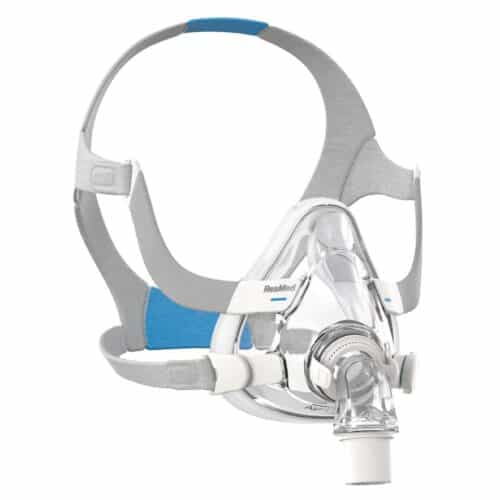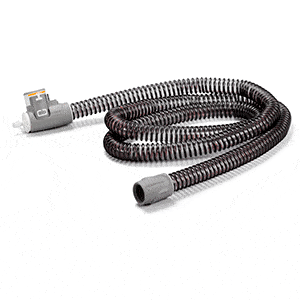Get 10% off your order!
Sign up below for PAP’s Newsletter, and keep an eye on your inbox for a one-time code. Offer not available on sale items.
For people with sleep apnea, having a clean and properly functioning CPAP machine is critical in order to ensure a healthy night’s sleep. Yet, you are not alone if you are not quite as good as you should be about CPAP cleaning. You likely say to yourself every night as you’re putting on your mask, “I’m definitely going to clean it tomorrow.” And then you wake up (rested!), go about your day, and completely forget until you’re settling into bed again. And the whole loop starts over.
We get it. We’ve all been there. But we must stress the importance of keeping your CPAP equipment clean, especially at this current time. CPAP parts can collect bacteria and germs, and since masks share close proximity to your mouth and nose, you could get an infection from dirty equipment. Additionally, mineral deposits can form into the machine, resulting in the breakdown of your equipment prematurely.
Cleaning your CPAP equipment doesn’t have to be a big deal though. You just have to make it part of your routine, and following these cleaning “hacks” can make it even simpler.
An easy way to help keep your CPAP equipment clean is to wash your face before bed every night. This can help reduce the amount of oil and skin cells that build up on your mask throughout the night, which can go a long way in keeping your equipment clean and free from bacteria.
After washing your face, you can also add a little moisturizer to your skin. This will help to keep your mask in place throughout the night and form a seal with your skin.
A great way to thoroughly disinfect your CPAP supplies is with vinegar. Try cleaning your CPAP mask and CPAP tubing once a month by soaking it in a solution of 2 parts white vinegar and 3 parts water. Allow each part to soak in the vinegar solution for about 30 minutes, then thoroughly rinse each item and hang them to air dry completely (COMPLETELY!).
Do not reuse the vinegar solution, this should be disposed of after every cleaning. You also should not use vinegar to clean cloth items such as headgear and filters.
The CPAP Mama suggests using baby shampoo instead of other soaps. “The reason I use baby shampoo is it’s a gentle cleaner that doesn’t cause skin irritation, it doesn’t get crazy sudsy! And most importantly it doesn’t have an antibacterial agent that will break down your mask.”
She suggests filling a sink with about 1-2 inches of hot water, using 2-3 drops of baby shampoo, then submerging the mask and headgear. Swish it all around, then allow it to soak for 15-20 minutes.
For more cleaning tips from this busy mom, respiratory therapist and CPAP user, check out her blog.
For daily cleaning, you should consider investing in specialty CPAP cleaning supplies, as these cleaning agents are designed specifically for CPAP equipment. They are extra gentle and will not break down the material of your mask, even if you use it every day.
You should also empty the CPAP machine’s water chambers each morning, and let the chamber soak for ten minutes in a mixture of water and mild dish soap, then rinse and let air dry (COMPLETELY!).
For a quick clean, you can also buy CPAP cleaning wipes that you can use to quickly clean your equipment when you are in a hurry.
When cleaning your CPAP machine, there are certain things that you should NEVER do. These could potentially damage your equipment, making your treatment ineffective, or worse, dangerous. These CPAP cleaning no-nos include:
Use Harsh Chemicals: While cleaning your CPAP equipment with mild dish detergent or baby shampoo is fine, you should not use any harsh chemicals such as alcohol, ammonia, bleach, or peroxide. This could damage your equipment, and residue from these chemicals left behind on your equipment could irritate your skin and lungs.
Put Your CPAP Equipment in The Dishwasher, Washer, or Dryer: While it may seem like an easy and effective way to clean your equipment, your CPAP machine and parts were not meant to be cleaned this way, and could become damaged. Plastic parts, in particular, could stretch, rip, or deteriorate when exposed to extreme heat.
Use Anything Other Than Distilled Water: It is important that you do not place anything in your humidifier besides distilled water. Non-distilled water could cause mineral build-up and increase your risk of getting sick. Other additives like essential oils or CBD drops have chemical additives that could break down your CPAP equipment, leading to leaks.
If traditional cleaning methods seem like a hassle, an easier solution may be to invest in a SoClean CPAP Cleaner and Sanitizer. The SoClean Machine is an automated device that provides effective sanitizing and disinfecting of your CPAP mask, hose and reservoir without needing to take any pieces apart.
All you have to do is place your mask directly in the machine without detaching it, and the machine will clean your device in a matter of minutes. It is reported to be able to kill 99.9 percent of bacteria and germs found in your mask, tubing, and reservoir. And because it doesn’t require water or any messy chemicals, you avoid condensation and ensure your equipment remains completely (COMPLETELY) dry.
We hope these CPAP cleaning hacks make it easier for you to keep your CPAP machine and supplies clean and healthy, helping you to get a better, healthier night’s rest. For additional tips and tricks for your CPAP therapy, sign up for our newsletter or follow us on Facebook or Instagram.


Sign up below for PAP’s Newsletter, and keep an eye on your inbox for a one-time code. Offer not available on sale items.
SUBSCRIBE TO OUR NEWSLETTER Receive exclusive offers & insightful articles to enhance your sleep.
Search by product name, type or brand.
